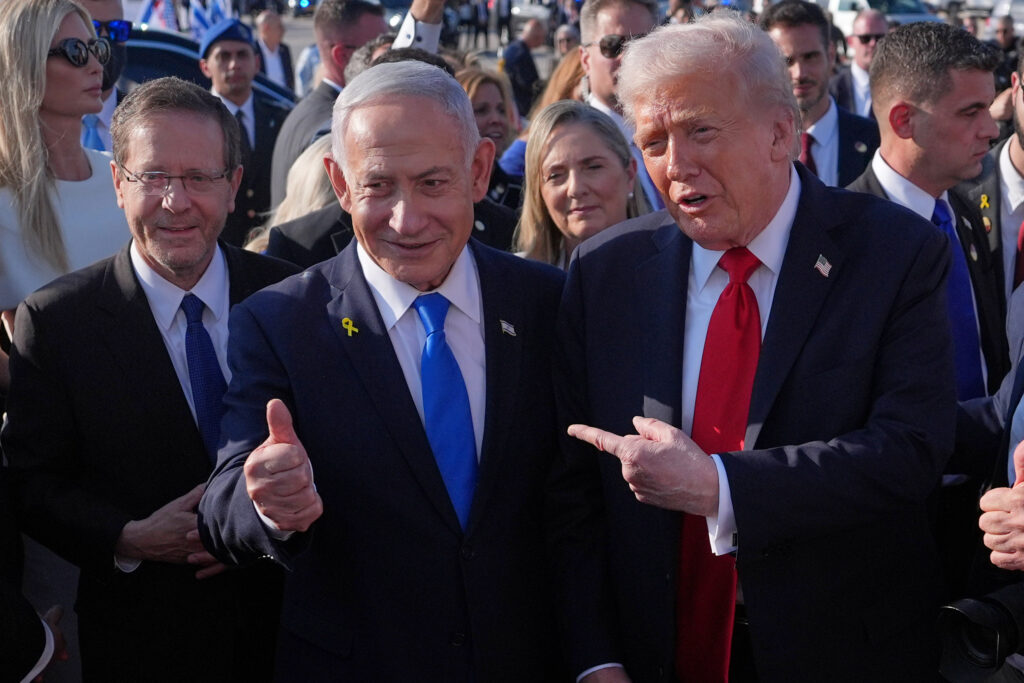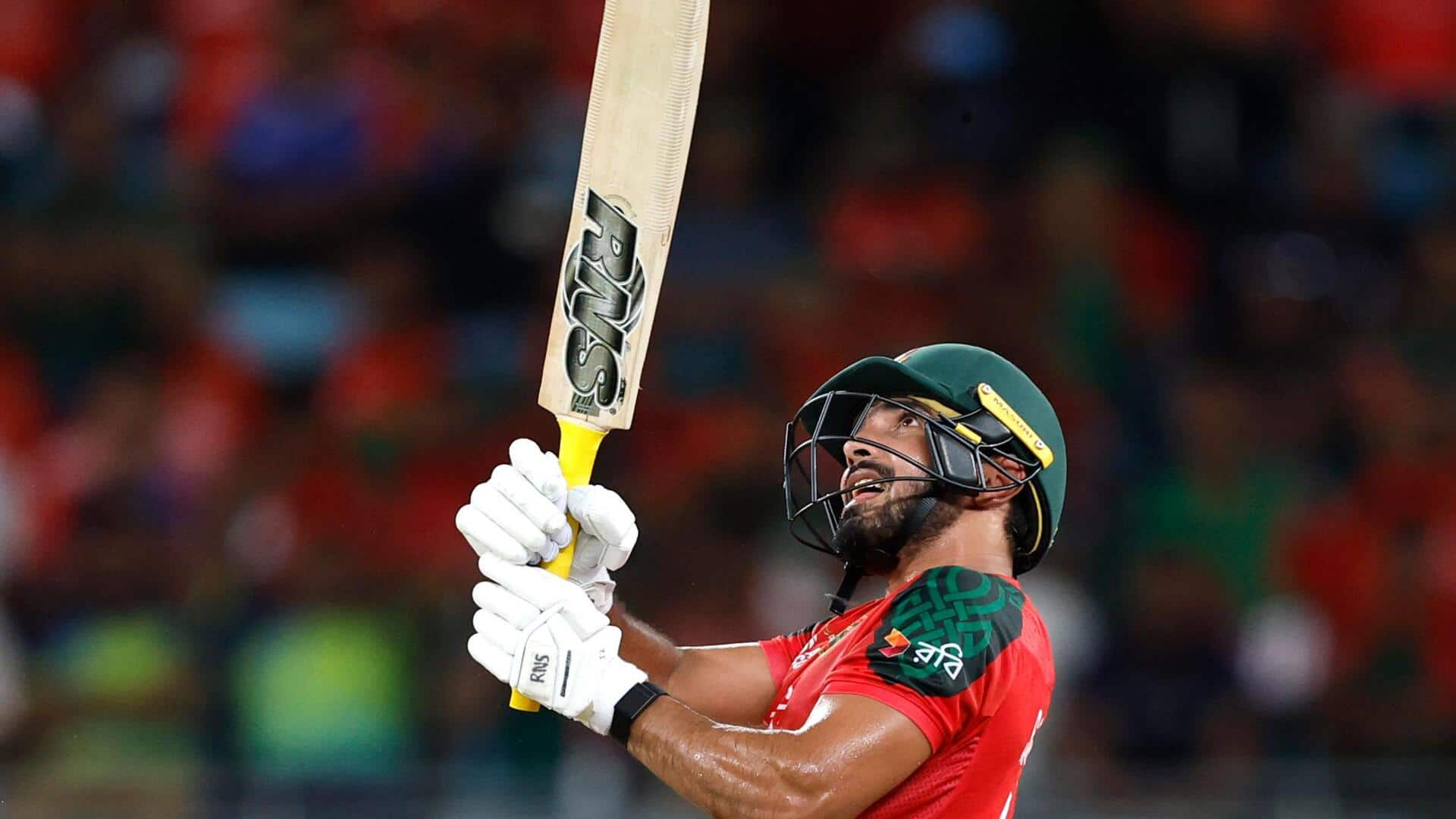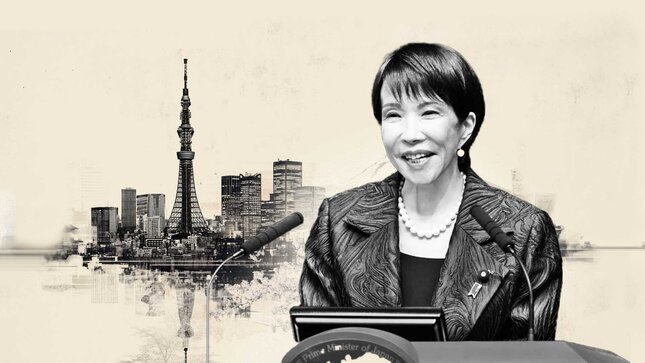As Israel considers widening its already intense military operations targeting Hezbollah’s attempts to rearm, questions arise: will its efforts in Lebanon serve as a blueprint for disarming Hamas in Gaza as well?
American and Israeli officials have expressed disappointment with the Lebanese government’s implementation of its vow to disarm Hezbollah. On Tuesday, Prime Minister Benjamin Netanyahu’s cabinet met to contemplate new military action north of the border. “We will not allow Lebanon to become a renewed front against us, and we will act as necessary,” the premier told reporters earlier.
As talk of military action in Lebanon intensifies in Jerusalem, Washington is circulating a draft resolution among members of the United Nations Security Council to back President Trump’s plan for Gaza. The draft proposes an International Stabilizing Force to ensure “the process of demilitarizing the Gaza Strip,” according to a leaked text obtained by Axios.
Yet, just as the Lebanese army has struggled to disarm Hezbollah, few in Israel expect the yet-to-be-formed, mostly Arab Gaza force to be able—or even willing—to disarm Hamas. Both the Lebanese government and the envisioned authority in Gaza might ultimately rely on the one party motivated and equipped with the firepower to perform this difficult task: Israel.
—
On Monday, the Israel Defense Forces (IDF) targeted Hezbollah operatives in southern Lebanon, including Mohammed Ali Hadid, a top commander of its elite Radwan force, who was killed in the Nabatiyeh district. According to the northern Israel-based Alma research center, at least 300 Hezbollah terrorists have been killed in such operations since last year’s cease-fire between Israel and Lebanon.
“The Israeli military is doing a lot in Lebanon, and if it senses that its operations are not enough, it will intensify those efforts further,” Alma’s founder, Sarit Zehavi, told the Sun.
Washington supports the IDF, and even as Beirut politicians protest against violations of sovereignty, they recognize that Israel is doing a job they must do but cannot. “It’s the only pathway” for Lebanon’s President Joseph Aoun “to restore his sovereignty,” said Lebanese-born researcher Hussain Abdul-Hussain of the Foundation for Defense of Democracies.
Mr. Aoun recently stated that sending the army to confront Hezbollah could spark civil war, leaving him “just one choice, which is Israel doing the work for him,” Mr. Hussain added.
—
The Beirut government has tasked the Lebanese Armed Forces with fully disarming Hezbollah, as stipulated in the cease-fire agreement that ended hostilities. Since then, however, Hezbollah has at most agreed to conceal its weapons but not to disarm.
Hezbollah officials have indicated they might allow the Lebanese armed forces to exert authority near the border with Israel, south of the Litani River. Yet, Israelis are detecting intense rearming activity just north of the river, as well as at Hezbollah strongholds in the Beqaa Valley and southern Beirut.
“Hezbollah is playing with fire,” Israeli Defense Minister Israel Katz said Sunday, accusing President Aoun of “dragging his feet.”
In November 2024, the IDF conducted intense attacks against Hezbollah, eliminating much of its rocket and missile arsenal and killing senior commanders, including its chief Hassan Nasrallah.
Similarly, during the two-year Gaza war, Israel significantly degraded Hamas’s firepower and eliminated its top military leaders. On both fronts, however, once a cease-fire was reached, these terrorist organizations rapidly moved to reassert power and rearm within their areas of control.
—
The United States has mostly backed Israel’s efforts to prevent these rearming initiatives. The new UN proposal for Gaza appears to be part of that broader strategy.
“This is a very different proposal” than past Security Council resolutions, former Israeli deputy ambassador to the UN Daniel Carmon told the Sun. The Arab countries that would participate in the international force “need the cover of the UN” to send troops, he explained, “but the architecture is of a force not under UN control.”
Earlier this year, the Security Council voted to dissolve the failed UN Interim Force in Lebanon (UNIFIL) by the end of next year. UNIFIL, established in 2006, was charged with helping the Lebanese Army disarm Hezbollah. Instead, Hezbollah has long used UNIFIL positions in southern Lebanon as cover for its military activities.
This history is why giving the UN no role in disarming Hamas is “well deserved,” Mr. Carmon said.
—
The promise of disarming terrorist groups that have wreaked havoc across the Middle East in their attempts to destroy Israel is unlikely to be realized by any international group—whether under direct UN control or merely backed by it.
Ultimately, that daunting task will be left to Israel alone.
https://www.nysun.com/article/israels-efforts-to-prevent-hezbollah-from-rearming-could-be-blueprint-for-ridding-gaza-of-hamas-weapons



